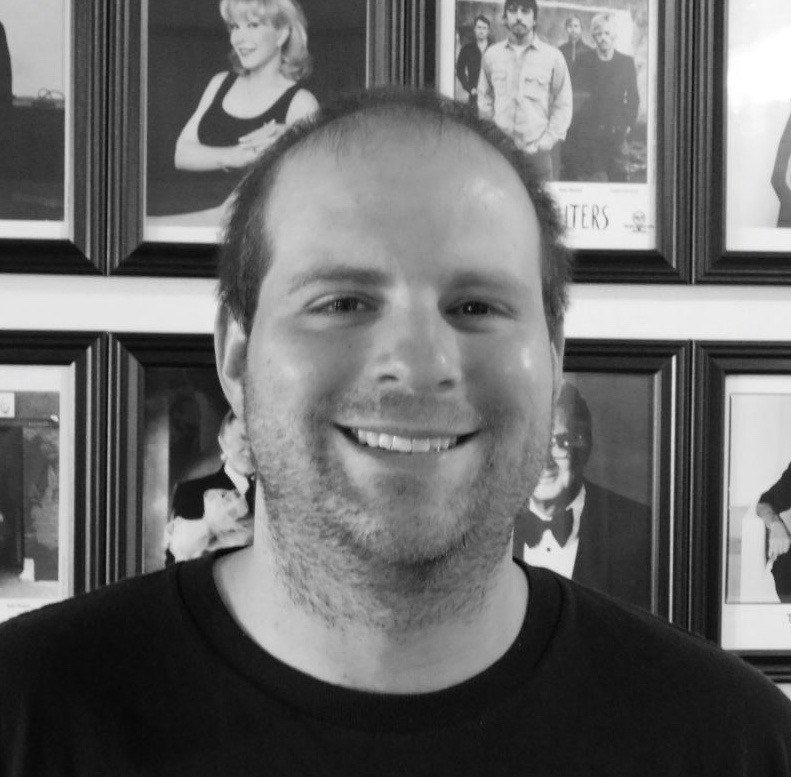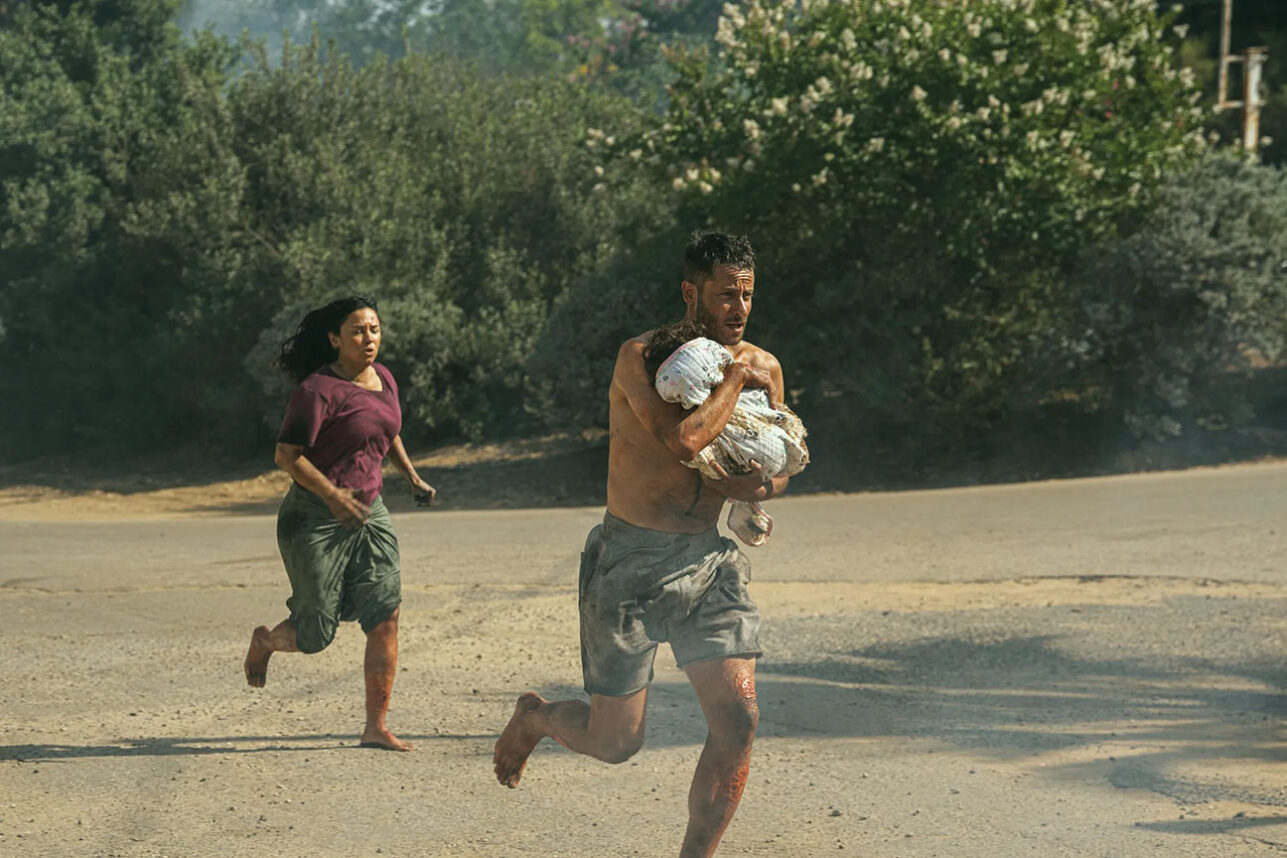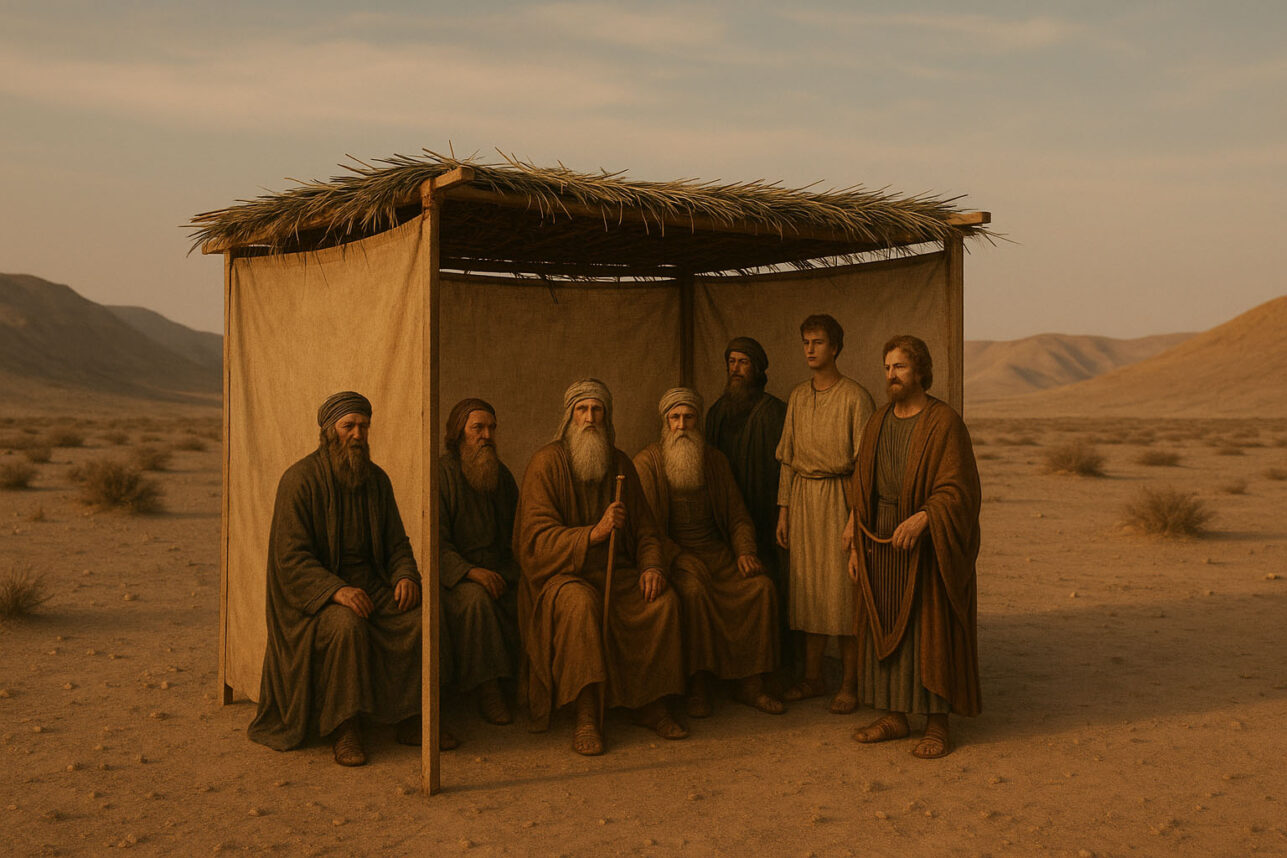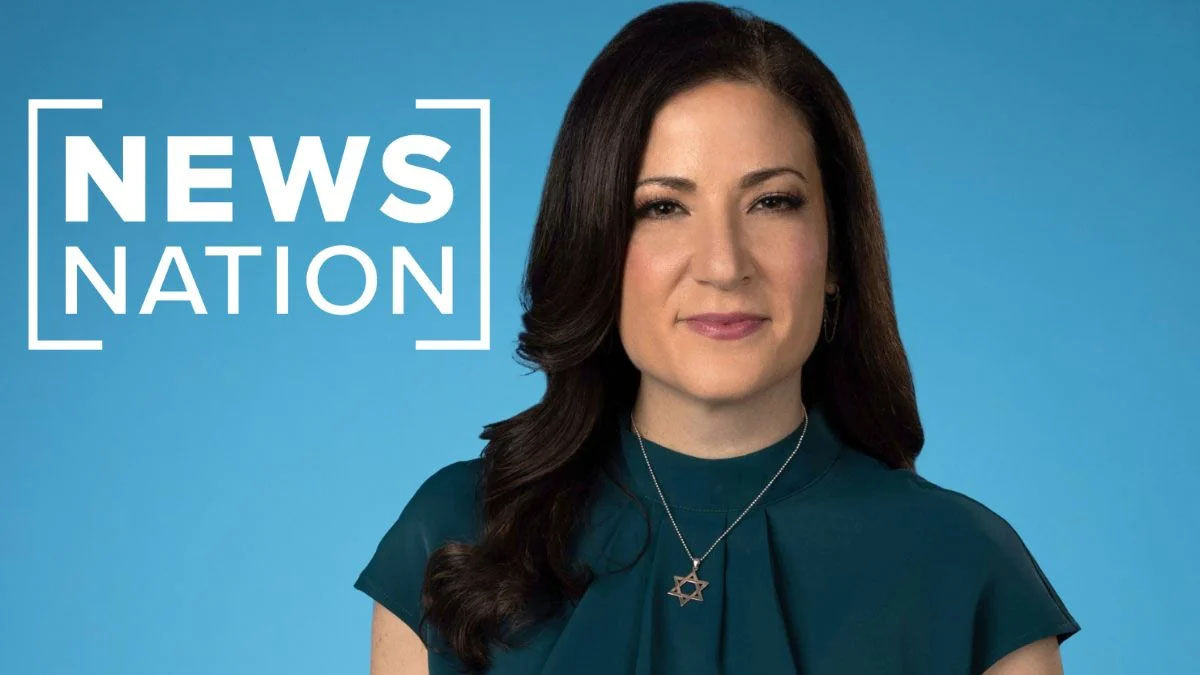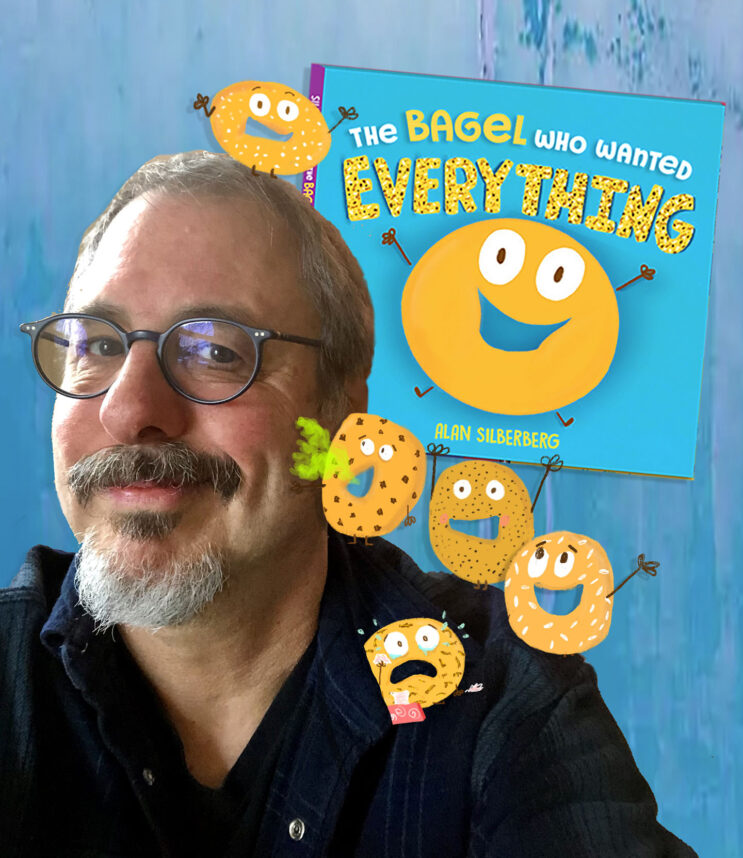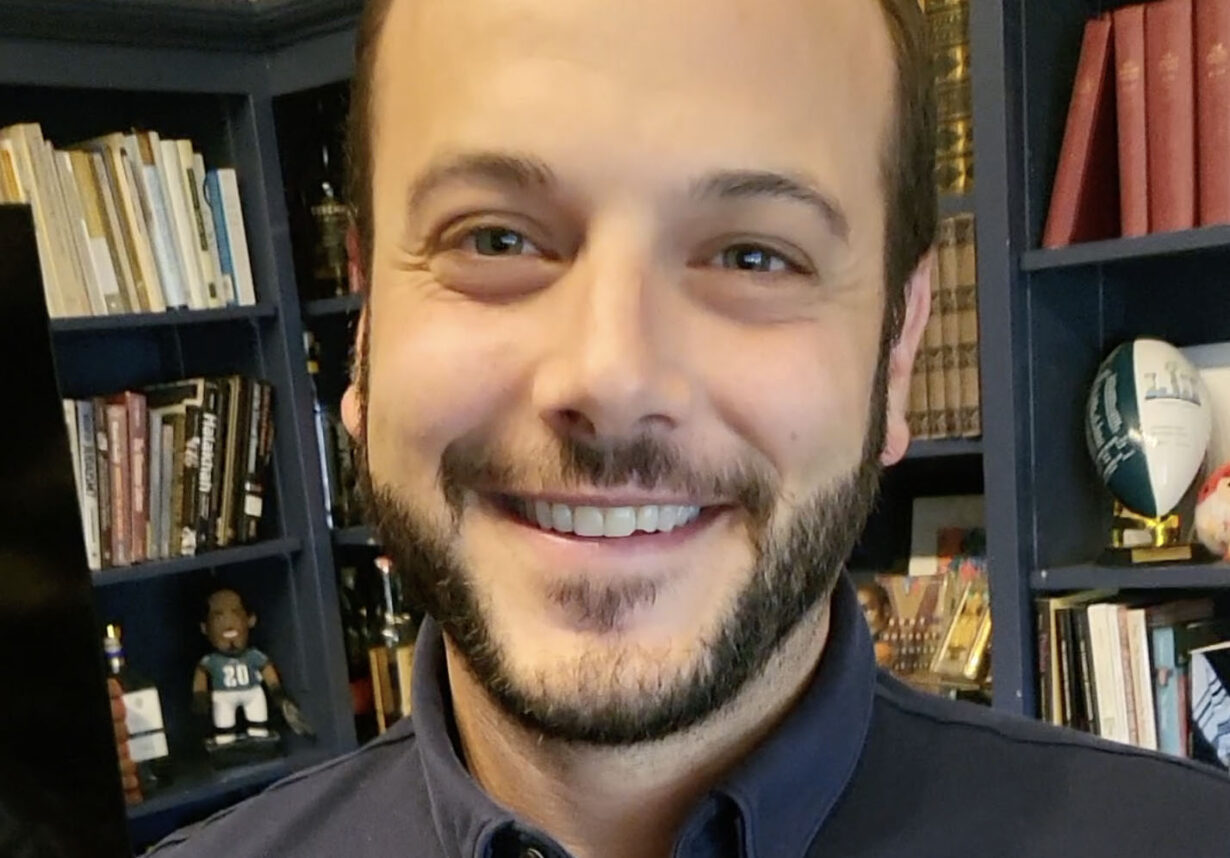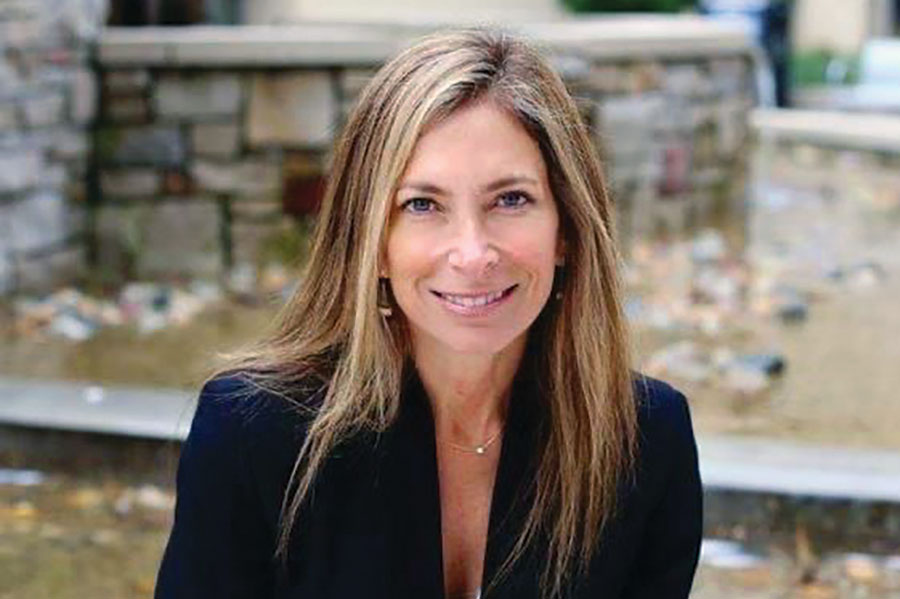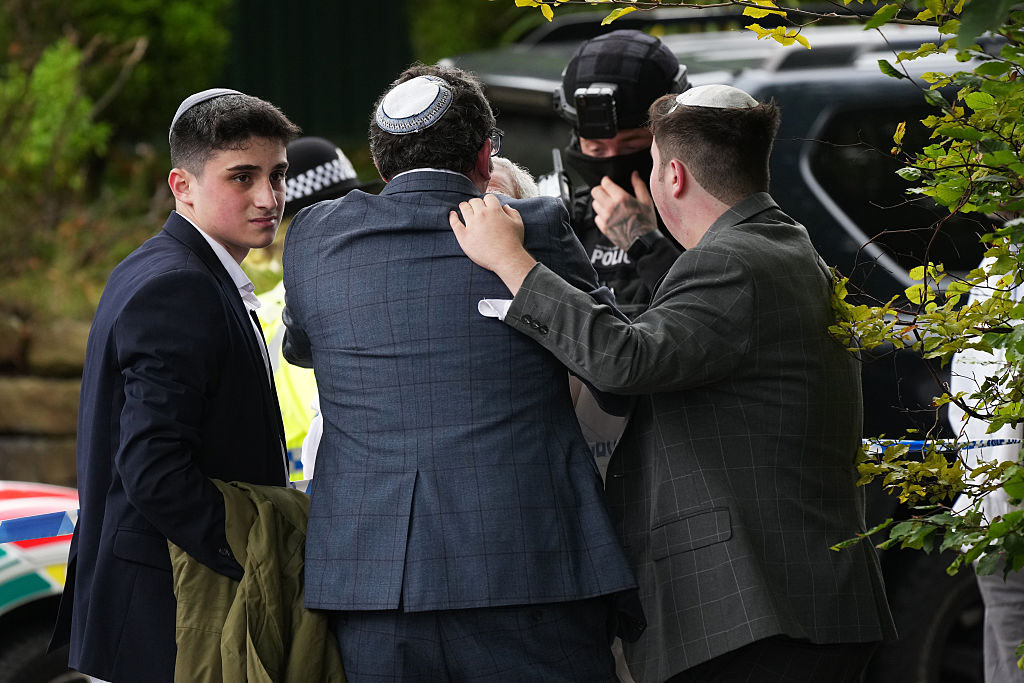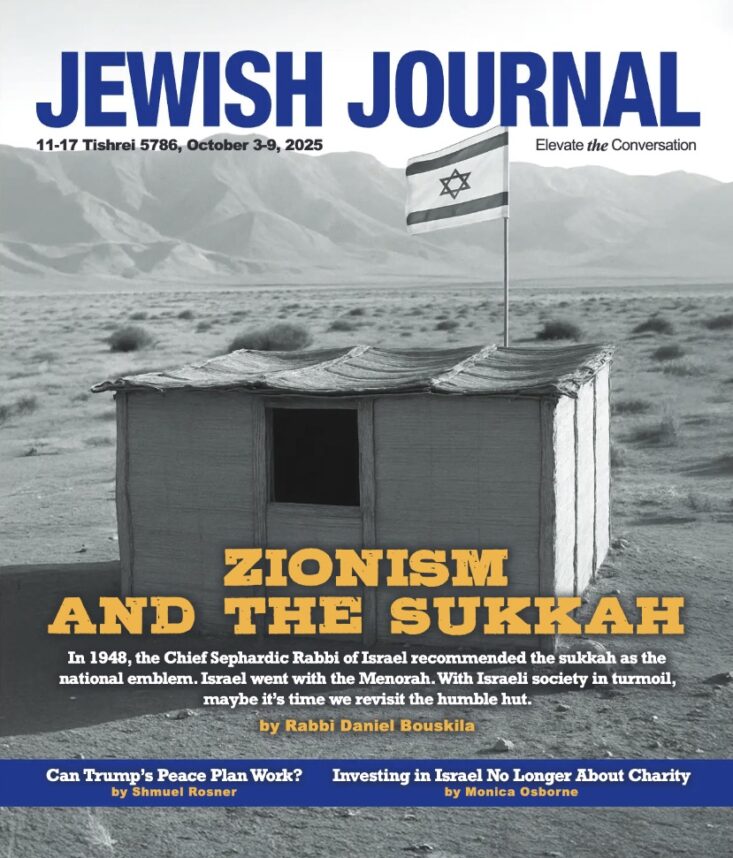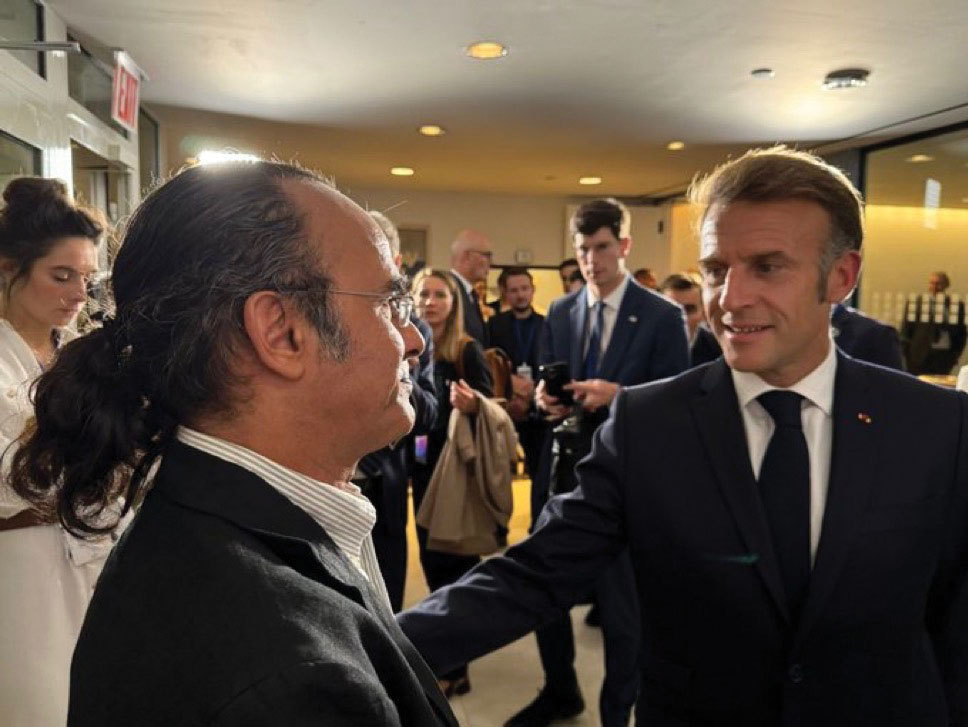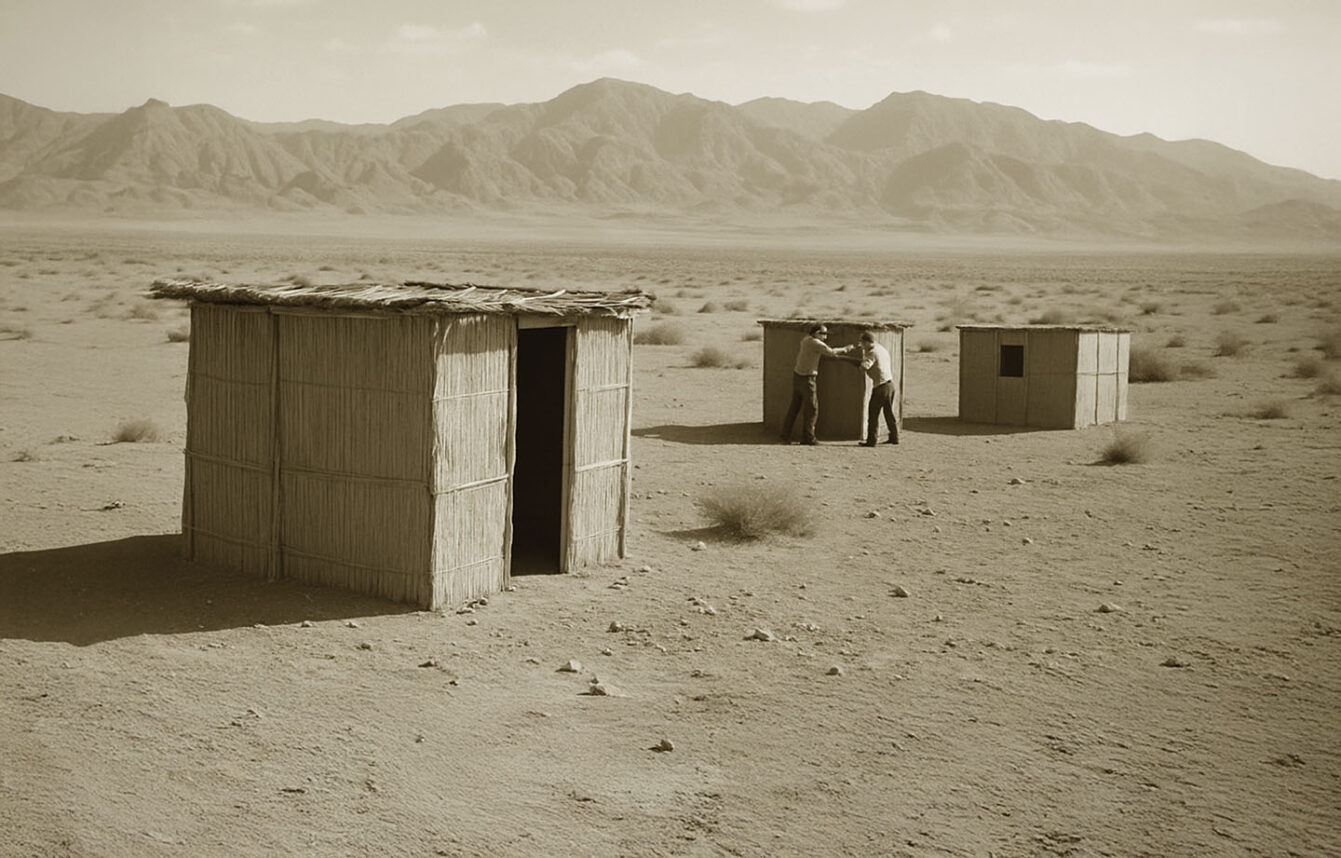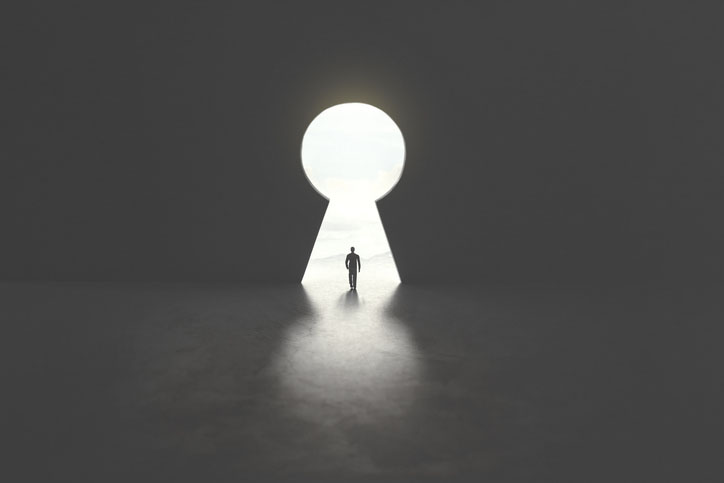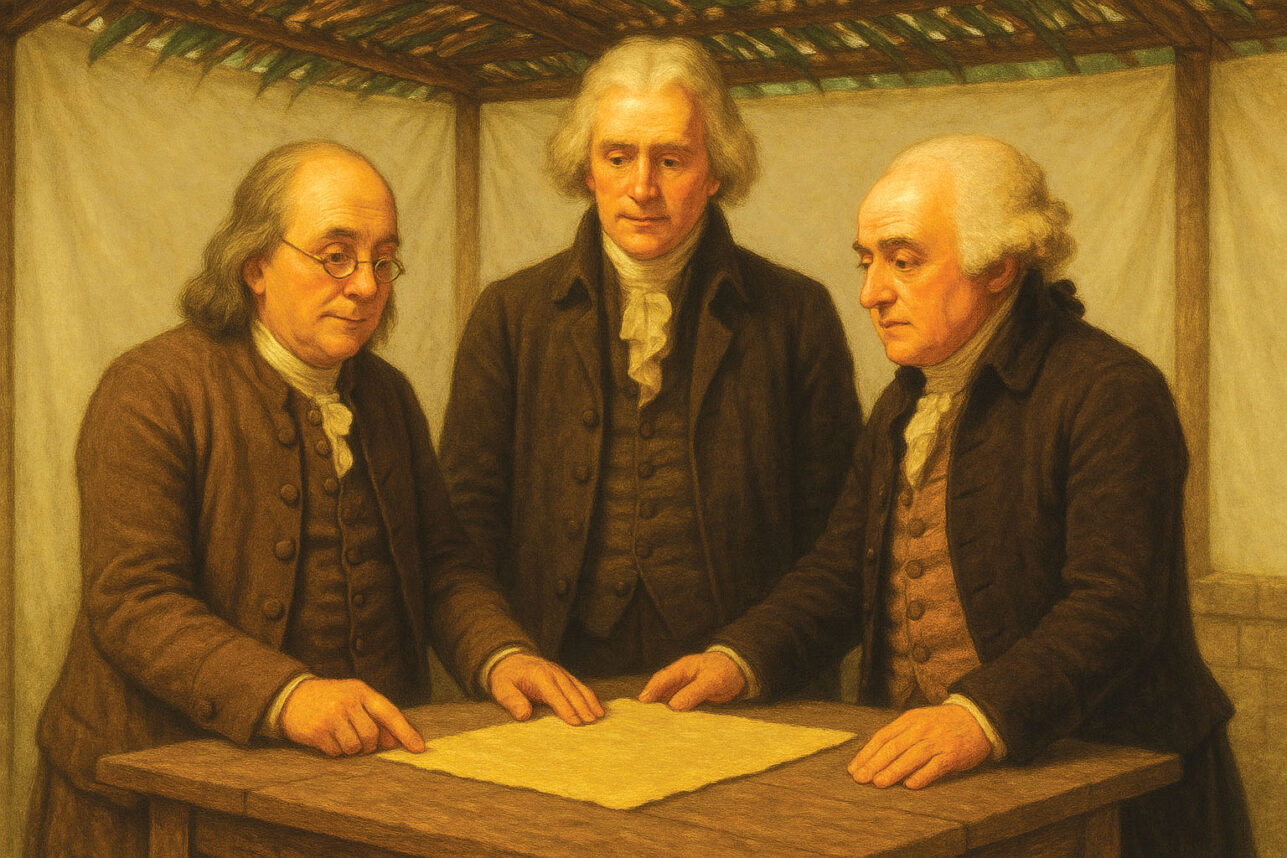
Boston-rooted rock band Rubikon has returned with “The Record,” its first new album in four years. Out on Sept. 20, via Round Hill Records, “The Record” brings the group back to the basics, with hard-rocking songs and hook-heavy vocal melodies.
Loudwire included the track “Blood On My Hands” in its Spotify “Weekly Wire Playlist” and ABC News Radio premiered the video.
“The Record” follows up the success of 2015’s “Delta,” which spawned the Top 40 Active Rock single “Live That Lie.” “The Record” features the usual Rubikon suspects – Jae Sims (vocals), Josh Gruss (guitars), Dave Raymond (guitars), Hugh Eaton (bass), and Doug Arsham (drums and vocals) – and also includes guest spots from Elisha Hoffman (mandolin, banjo, acoustic guitar), Drew Belk (pedal steel), and Randy Leago (saxophone). Aside from a few overdubs, the album was recorded live in the studio and was mastered by Alex McCollough (Robert Plant, John Prine, Amanda Shires).
I had the pleasure of doing Q&A with guitarist Josh Gruss, who also has found success as the CEO and Chairman of Round Hill Music. Gruss also holds an MBA from both Columbia University and London Business School, is a Berklee School Of Music trustee, and served six years in the U.S. Coast Guard. Highlights from our chat are below for your reading pleasure.
Jewish Journal: How or when in your life did you know that you would be earning a full-time living related to music?
Josh Gruss: Starting from an early age, I was passionate about music but the music industry and becoming a rock star didn’t seem possible. It seemed far, far out of reach. Maybe because of self-esteem issues, I don’t know, it just didn’t seem possible. I recall at age 16 I did an internship at a recording studio called Hip Pocket in New York City. Pictures of Miles Davis and Sting recording there plastered the walls. All I could think was “I’m not worthy, I’m not worthy!”
JJ: “The Record” is the band’s first new album in four years. How long did you actually spend writing and making it?
JG: Four weekends drinking beer in a stale, cockroach ridden, poor-sounding rehearsal space in Boston — I say that lovingly as that’s been our practice space for over 10 years — and two weekends at Sienna Studios in Nashville. One for basic tracks one for overdubs.
JJ: Did you feel pressure when making the album, given that “Delta” spawned a Top 40 Active Rock single?
JG: Ah no. For better or worse we don’t take ourselves seriously enough to care about pressure like that. The only pressure relates to our three omnipresent questions. Are we still having fun? Are we improving our songwriting along the way? Is this record better than the last? The answers to all three is an unequivocal YES! So we’re good.
JJ: Do you have a favorite song on “The Record?”
JG: My favorite songs are going to be the ones that are most fun to play. “Lost September” is the winner in that regard.
JJ: When in the process of making “The Record” did that become its official title?
JG: I have no idea. Is that what we’re calling it? The band always leaves me out of these things. I kid! (laughs) To us, the titles of records are quite stupid and meaningless which is why we went with that title. It’s tongue-in-cheek and I think pokes fun at album titles and the general absurdity of them. But it also refers to a recurring theme we have on this record, which is: there are no records anymore. No physical albums, no records, just singles and digital streams. How sad is that? So for the younger generation, we’re reminding them of what a record is supposed to be.
JJ: What do the next few months look like for Rubikon?
JG: Lots of diapers — I’m about to have kid number five — kids’ sports, work, making our wives happy, and trying to squeeze radio dates and shows with the band to support this awesome album we have given birth to.
JJ: The hard rock and heavy metal worlds are filled with people of Jewish origin, including past and present members of KISS, Guns N’ Roses, Anthrax, Van Halen, Foreigner and Disturbed. Who was the first Jewish musician that you were really aware of?
JG: Bands that I was listening to early on were Europe, Def Leppard, Tesla, Ratt, Yngwie Malmsteen — all goyim. Only now am I realizing guys like Slash were really named Saul. [Editor’s Note: Slash is not M.O.T. but former GNR drummer Steven Adler was.]
JJ: How do you manage the intersection between Rubikon and Round Hill Music? Or do you aim to keep them separate?
JG: Rubikon inspired me to start Round Hill. Many years ago I realized while I was working for a hedge fund that true happiness for me meant combining work with my passion for music. I thought it could apply the same work ethic and passion that I put into the band, into my job, I would be successful in work and in life.
I don’t keep them separate. I proudly display to my colleagues that I am a musician. And it really really helps with work. My job is to invest in music. And if I wasn’t a musician I would be listening to music and just ascertaining a very basic understanding of the music. But as a musician, I am hearing it in a much deeper way. I’m listening to the chord changes, the songwriting, the harmony, the instrumentation, the guitar tone, the technique, the production, the dynamics on and on.
And so that combined with the fact that I’ve been listening to music for 35 years, attended Berklee College of Music — where I dove deep into jazz — buying every issue of Guitar Player magazine since 1986, been playing in bands since eighth grade, I’ve put in the 10,000 hours to know music inside and out and that is vital to Round Hill’s investing success. Another aspect is that I can sit with a musician and speak their language. This helps with getting musicians comfortable and open to doing business.
JJ: When not busy with music, or Judaism, what is life like for Josh Gruss?
JG: Family, friends, and fishing, in that order.
JJ: Finally, Josh, any last words for the kids?
JG: I’m very proud of my Judaism and my family has done a lot of philanthropically to help Jewish causes. The Beracha Foundation was started by my grandfather and has helped hundreds of organizations in Israel and the U.S. including helping the Rimon School Of Music in Tel Aviv, the alma mater of many fellow hard rockers.
More on Rubikon can be found online here.

